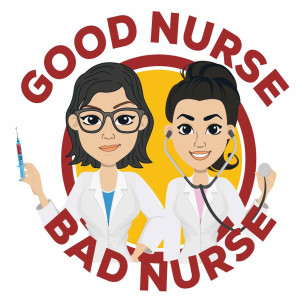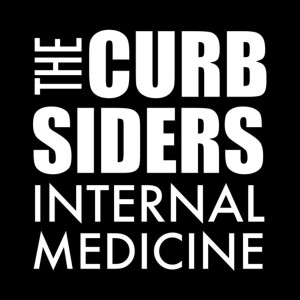

Daily low-dose aspirin has long been considered a “wonder drug” for its cardioprotective effects, particularly in patients with pre-existing cardiovascular and cerebrovascular disease; however, despite decades of research, the use of aspirin to prevent a first event is less certain. In 2014, the Food and Drug Administration (FDA) responded to a citizen petition requesting the labeled indications for low dose aspirin be updated to include primary prevention. The FDA concluded that the evidence “fail[ed] to establish that aspirin reduces the risk of primary myocardial infarction (MI) in patients with a coronary heart disease (CHD) risk of 10% or more for over 10 years.” The Asprin to Reduce Risk of Initial Vascular Events (ARRIVE) study is intended to address this gap in our knowledge.
Guest Authors: Amy St. Amand, PharmD, BCPS and Christine Borowy, PharmD, BCPS
Music by Good Talk
More Episodes
All Episodes>>Create Your Podcast In Minutes
- Full-featured podcast site
- Unlimited storage and bandwidth
- Comprehensive podcast stats
- Distribute to Apple Podcasts, Spotify, and more
- Make money with your podcast












